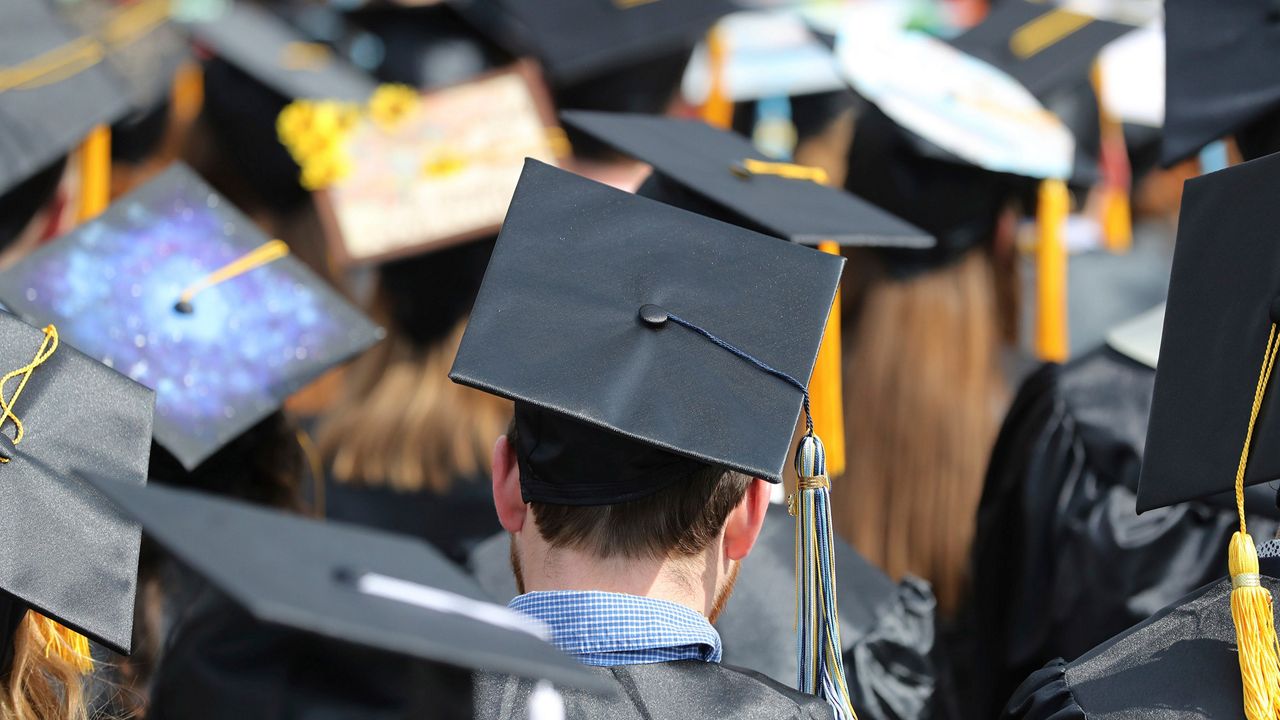The labor unions that represent workers and staff at New York's public college and university systems are touting the economic impact that public higher education has on the state as lawmakers and Gov. Kathy Hochul continue to negotiate the budget.
The Professional Staff Congress, which represents workers at the City University of New York, as well as the United University Professions at for the State University of New York, has been making a pitch this budget season for further spending on higher education, including more support for hospitals and research centers.
“Our campuses are keystones of their communities, fostering pride while acting as economic engines locally, regionally and statewide," said UUP President Fred Kowal. "But decades of underfunding have weakened our campuses and communities. It’s time to fully fund SUNY and make our campuses and our communities whole again. A strong SUNY means stronger communities.”
The unions point to a broad return on investment for higher education: SUNY has a $28 billion impact for every dollar spent when taking into consideration the vast majority of its students remain and continue to work in New York two years after graduation. CUNY's impact stands at a combined $57 billion in 2019, with CUNY graduates paying more than $4 billion in taxes.
“The long-term, positive impact of CUNY graduates on the state economy and New York City communities is concrete,” said James Davis, President of the Professional Staff Congress of CUNY. “We see that in statistics, but also in our day-to-day work. Our 30,000 members work tirelessly to educate students, help them navigate course selections, provide career guidance and essential mental health services. But we’ve done that work for too long with shoe-string budgets."
State lawmakers and Hochul are negotiating the budget through the weekend after failing to reach an agreement by the start of the state's fiscal year. Officials are once again weighing billions of dollars in economic development spending with the hope of creating jobs in the process.
Critics have alleged the subsidies have done little to stimulate job growth, while spending for broad-based needs like higher education could have a more positive impact.
“It’s time for New York to begin to redefine 'economic development' as improving the quality of life for regular New Yorkers and challenge traditional tax abatement and corporate subsidy style economic stimulus," said Ron Deutsch, the director of New Yorkers for Fiscal Fairness. "The economic returns on investing in SUNY and CUNY are undeniable and should be viewed as true economic development.”


